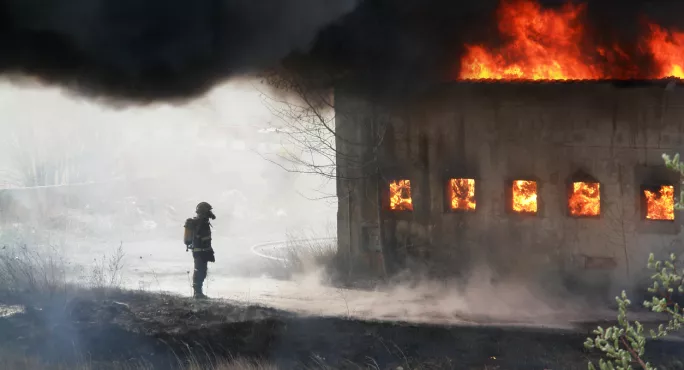‘Covid cases in schools are veering out of control’

School productions, sports days, proms, residentials and many other rites of passage were sorely missed last year by schools, pupils and families alike. For a while - indeed until quite recently - we thought we could at least have a go this year.
However, every day for the past two weeks, far too many schools have seen relentlessly increasing cases of Covid-19, putting paid to such planning.
The problem is much worse than the loss of another year of much-loved summer traditions, though. The level of cases among young people is rising at an alarming rate and, from my CEO and headteacher networks, it is clear that an all-too-familiar pattern is emerging.
Bubbles are bursting with returned rhythmical regularity, and leaders are rightly eyeing each message and email with the trepidation and anxiety that comes from repeated bad news.
Covid: School absence is spiralling
Cases in schools are veering out of control again. For the week ending 20 June, there were 151 new Covid-19 outbreaks in schools, and we know that schools are now the most common setting for outbreaks of the Delta variant. Absence is spiralling in line with the case numbers.
We’ve made it through so much this year as a sector, right through to submitting teacher-assessed grades (TAGs). Yet the pressure right now - today - is untenable.
Ultimately, as throughout this pandemic, we have tried everything to make the impossible work for our children, colleagues and communities. Yet even as we see so much opening up across society, it is once again our class bubbles and even whole schools that are closing.
Parents and carers have been so supportive all along, but they are now being inundated with the message that all is fine, nothing to see here, everything is returning to normal. And so, with each self-isolation notification or Covid-19 test, the levels of irritation and frustration are rising - and directed too often at the schools that have to be the bearers of bad news.
We can almost predict the way this will be reported. Schools are sending children home en masse (aka: following the guidance), leading to increased pressure to move the goalposts, rather than deal with the actual issue of increased cases and transmission.
We don’t just understand the weariness - we feel it. However, this does not give licence to change approaches simply because of the inconvenience of yet another wave.
A continuous, recurring nightmare
Perhaps we should be used to this now. After more than 18 months of relentless focus and drive to make the best out of the policy mire, it is hard to muster anything other than a fatalism underpinned with rage. In the background of today, we hear that the data is on track for the final easing of lockdown restrictions on 19 July, yet the reality in schools is so clearly different.
We’re in a continuous, recurring nightmare, which means that we know it will get worse despite the chipper political soundbites. This all comes as we see the news of how Ofsted will be back in the frame for the autumn term, checking on our Covid-19 recovery spending, no less. Schools should not be held to a higher level of accountability than the government.
Given the much-vaunted high levels of vaccination, it’s staggering that we find ourselves once again at more than 20,000 new cases a day, with many of these cases within schools. Transmission is occurring (whether in or out of school: impossible to determine) despite our very best efforts as a sector.
It is hard - no it’s impossible - not to feel like schools are once again an afterthought, like optics take precedence over policy and pandering to a base takes precedence over the long-term health of our young people.
As I write this, an email has just arrived from the schools minister telling us to be prepared for all scenarios in autumn, “given the uncertainties”. And so we now wait for refreshed guidance, test kits and PPE, so we can be ready at the start of September for asymptomatic testing.
The nightmare appears far, far from over.
Dan Morrow is CEO and trust leader for Dartmoor Multi-Academy trust
Register with Tes and you can read two free articles every month plus you'll have access to our range of award-winning newsletters.
Keep reading with our special offer!
You’ve reached your limit of free articles this month.
- Unlimited access to all Tes magazine content
- Save your favourite articles and gift them to your colleagues
- Exclusive subscriber-only stories
- Over 200,000 archived articles
- Unlimited access to all Tes magazine content
- Save your favourite articles and gift them to your colleagues
- Exclusive subscriber-only stories
- Over 200,000 archived articles
topics in this article



